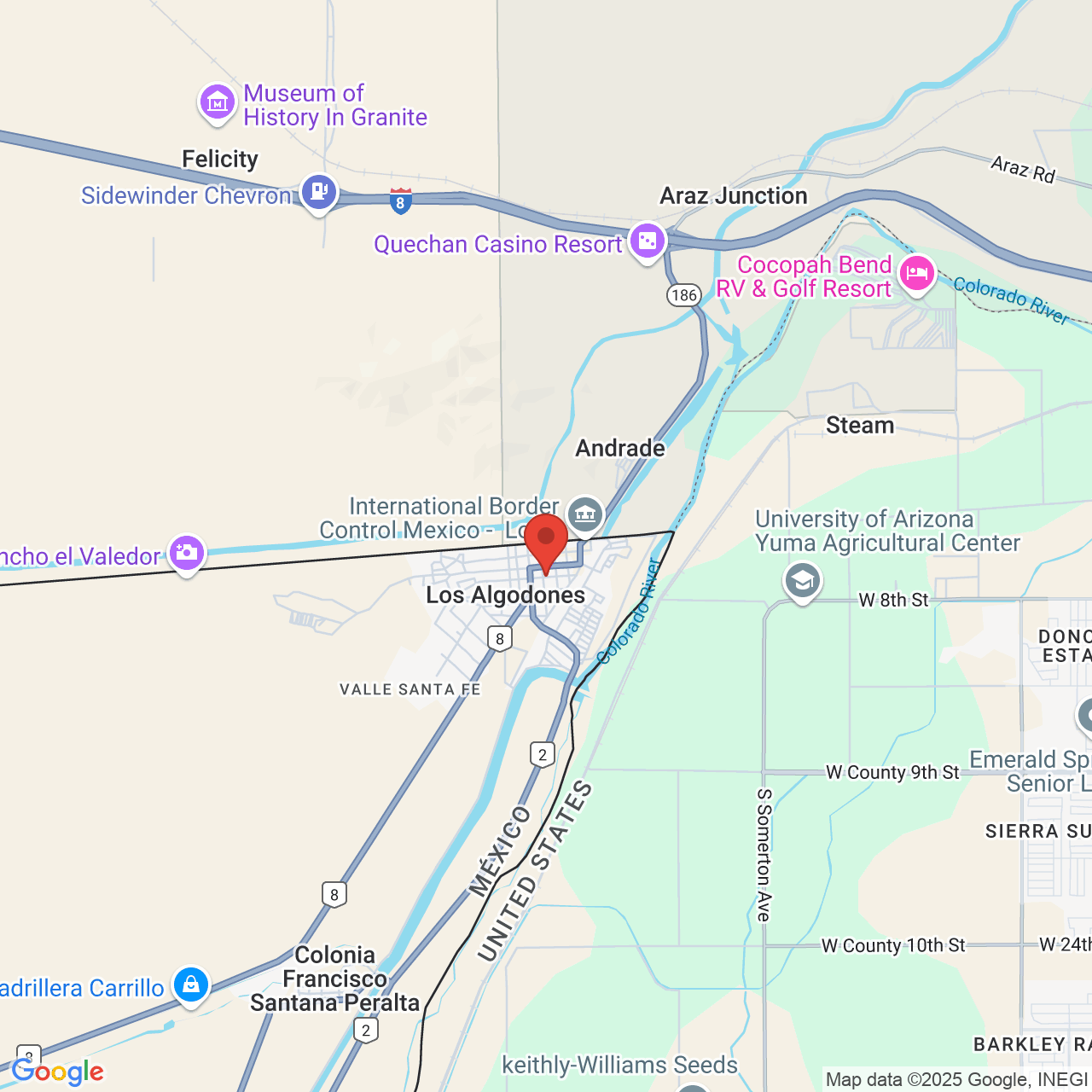The Dental Implant Surgery Recovery Timeline
 If you have missing teeth, dental implants are unrivalled in their ability to securely anchor crowns, bridges, and dentures in place. However, dental implants do require a recovery period, during which time the jawbone and surrounding tissues heal around the implants. At Cosmetic & Implant Dentistry Center, Dr. Jose Valenzuela advises patients on what to expect during recovery from dental implant surgery. To learn more about the dental implant surgery recovery timeline, contact our practice in Los Algodones, Baja California, which is conveniently located in Mexico for patients from Yuma, AZ, Palm Springs, CA, and surrounding areas.
If you have missing teeth, dental implants are unrivalled in their ability to securely anchor crowns, bridges, and dentures in place. However, dental implants do require a recovery period, during which time the jawbone and surrounding tissues heal around the implants. At Cosmetic & Implant Dentistry Center, Dr. Jose Valenzuela advises patients on what to expect during recovery from dental implant surgery. To learn more about the dental implant surgery recovery timeline, contact our practice in Los Algodones, Baja California, which is conveniently located in Mexico for patients from Yuma, AZ, Palm Springs, CA, and surrounding areas.
The Day of Surgery
When dental implant surgery is complete, patients should be prepared to rest in bed or on the couch for the remainder of the day. Any strenuous activity could result in more severe side effects.
- Pain: Because the dental implant procedure requires minor oral surgery, you may experience some pain the day of surgery. Be sure to take pain medication before the effects of the local anesthetic wears off to avoid discomfort. Continue taking the pain medication as directed to maintain your comfort.
- Bleeding: You may experience some bleeding the day of surgery. In the hours after surgery, we may have you gently bite down on a piece of gauze or tea bag for 30 minutes at a time to help stop the bleeding.
- Swelling: Swelling is normal after dental implant surgery. You may apply soft ice packs to the cheeks for 20 minutes at a time to minimize swelling and pain.
- Oral care: Although it is important to exercise caution in the oral area for several days after surgery, you should gently brush your teeth before bed. Maintaining a clean oral environment contributes to the success of your dental implant treatment.
- Food: Eat soft foods after surgery to limit pressure on your implants and minimize discomfort. In addition, it is important to avoid using a straw during this time.
The Week after Surgery
In the days following surgery, patients should notice their side effects subsiding and they will gradually be able to return to their normal routines.
- Pain, bleeding, and swelling: Any discomfort can be managed with the use of pain medications in the week after surgery. As the pain goes away, you can cease use of the medication. Bleeding should stop within 48 hours of surgery, at which point use of the gauze can be halted. Swelling can be reduced with the use of ice packs for the first 48 hours after surgery. After the first week, these side effects have faded and are barely noticeable.
- Exercise: Avoid exercise for about four days after surgery. Heavy activity can increase swelling, bleeding, and pain, so take it easy for a few days after surgery.
- Oral care: Continue to exercise caution and be gentle when brushing and flossing the teeth. Once the bleeding stops, you can also use a saltwater rinse two to three times a day, preferably after eating.
- Diet: Continue to eat soft foods for the first week after surgery to limit pressure on the healing jawbone, gums, and implants.
The First Few Months after Surgery
Its takes three to six months for the dental implants to integrate with surrounding tissues and bone. During this time, it is important to not smoke, maintain good oral hygiene, and avoid excess pressure on the surgical sites.
To find out if dental implants are right for you, contact Cosmetic & Implant Dentistry Center today.






